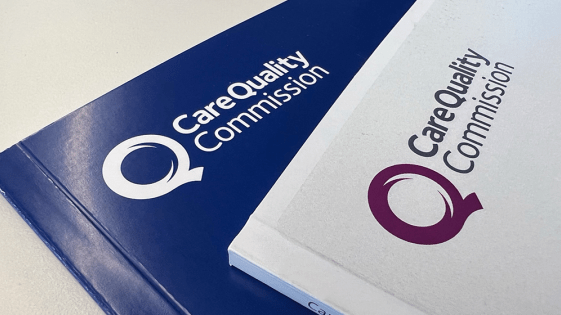In the realm of healthcare, quality and safety are paramount. Ensuring patients receive the best care possible is a fundamental goal shared by healthcare providers, regulatory bodies, and policymakers alike. At the heart of this pursuit lies the Care Quality Commission (CQC), an essential entity that plays a pivotal role in maintaining and elevating the standards of healthcare services in the United Kingdom.
Understanding the CQC:
The CQC is an independent regulator of health and social care services in England. Its primary objective is to ensure that healthcare providers, across a range of sectors including hospitals, clinics, nursing homes, and general practices, deliver safe, effective, and high-quality care to their patients. To achieve this, the CQC employs a comprehensive assessment process that evaluates various dimensions of care delivery.
The Assessment Process:
Unveiling the mystery behind the CQC assessment entails delving into its multifaceted evaluation framework. The assessment process is structured around five key questions, commonly referred to as the “Key Lines of Enquiry” (KLOEs). These questions serve as the foundation for evaluating a healthcare provider’s performance:
- Is the Service Safe?
- Is the Service Effective?
- Is the Service Caring?
- Is the Service Responsive to People’s Needs?
- Is the Service Well-led?
These questions encapsulate the core principles of high-quality care delivery. During an assessment, CQC inspectors scrutinize a provider’s policies, practices, and interactions with patients to determine compliance with these essential standards.
The Impact on Healthcare Providers:
Decoding the CQC assessment is crucial for healthcare providers aiming to enhance their services and ensure regulatory compliance. A successful assessment not only demonstrates a commitment to patient safety and well-being but can also bolster a provider’s reputation and patient trust. Conversely, shortcomings highlighted during an assessment can serve as catalysts for improvement, enabling providers to address deficiencies and elevate the quality of care they offer.
Navigating the Journey:
For healthcare providers, the journey to a successful CQC assessment involves meticulous preparation and a commitment to continuous improvement. Comprehensive self-assessment, robust quality assurance processes, and staff engagement are essential elements in ensuring that a provider is well-prepared for inspection.
By embracing a patient-centric approach and fostering a culture of openness and accountability, providers can navigate the CQC assessment process with confidence. Collaborative efforts among staff, informed by the principles of the assessment, can lead to a transformative impact on the overall quality of care delivered.
Conclusion:
Decoding the Care Quality Commission (CQC) assessment demystifies a critical aspect of healthcare regulation and quality assurance in the United Kingdom. As healthcare providers strive to provide safe, effective, and compassionate care, understanding and embracing the CQC assessment framework becomes paramount. By aligning with the CQC’s key principles and continuously striving for improvement, healthcare providers can not only unlock success in assessments but, more importantly, elevate the standards of care and contribute to a healthier and safer society.


Recent Comments